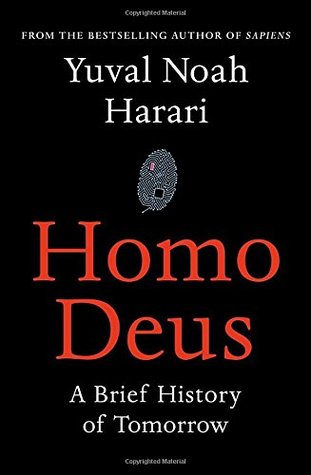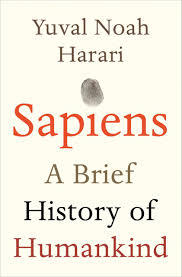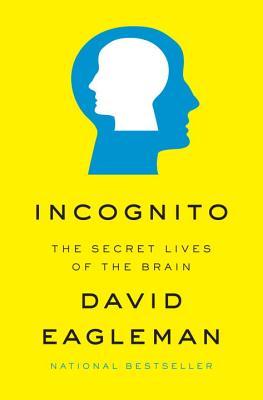I managed to read 25 books in 2016 and I hope to finish two or three during my Christmas break.
During 2016, I read the books listed below.
The Prince by Niccolo Machiavelli
Prisoners of Geography by Tim Marshall
Focus by Daniel Goleman
Homo Sapiens by Yuval Harari
Homo Deus by Yuval Harari
Startup Nation by Dan Senor and Saul Singer
A Funny thing happened on the way to Enlightenment by Lenny Ravich
His life biography by Jak Kamhi
Arrested by Can Dundar
Blockchain Revolution by Don Tapscott and Alex Tapscott
An Intelligent Person’s Guide to Education by Tony Little
Power of Palace: Geography, Destiny, and Globalization’s Rough Landscape by H.J. de Blij
Never Give Up: Jack Ma in his own words by Suk Lee
Germany: Memories of a Nation by Neil MacGregor
Confession of a Sociopath: A Life spent hiding in plain sight by M.E. Thomas
Facing with our own history by Emre Kongar
Acknowledging what is: Conversations with Bert Hellinger by Bert Hellinger
Incognito: The Secret Lives of the Brain by David Eagleman
Blimey! from Bohemia to Britpop: The London Artworld by Matthew Collin
This is London by Ben Judah
Heart of Darkness by Joseph Conrad
When Breath becomes Air by Paul Kalanithi
2014: The Election that changed India by Rajdeep Sardesai
Last night I Dreamed of Peace by Dang Thuy Tram
Memoirs of Ataturk’s Servant by Cemal Granda
Of course, you learn something from each book and each book has a relative value to each reader. If I were to suggest only three books to read from this list of great books, they would be the following:
- Homo Sapiens and Homo Deus by Yuval Harari
- Incognito: The Secret Lives of the Brain by David Eagleman
- The Prince by Niccolò Machiavelli
Both books by Yuval Harari are great and I believe I have already given at least 40 volumes as gifts to my colleagues, friends and clients. In particular, Homo Sapiens is a must read. For those who have not read my review of these two books, here are the links:
http://haskanwrites.com/2016/02/book-review-sapiens-by-yuval-noah-harari/
http://haskanwrites.com/2016/12/book-review-homo-deus/
Incognito is also another great book which confirms that while most of us think that we know everything, our brain plays tricks and we are, in fact, missing a large part of the world. I also published a review of this book a couple of months ago.
http://haskanwrites.com/2016/11/book-review-incognito-by-david-eagleman/
Finally, The Prince by Machiavelli is a classic and I bought this book during my summer visit to Florence. I think this is the sort of book that you should read every few years.
I would like to take this opportunity to wish everyone happy 2017!
I am sure 2017 will be much better in many ways than 2016!
Best of luck in 2017.
All the best from Galle, Sri Lanka.
Sukru Haskan
Twitter: @sukru_haskan




